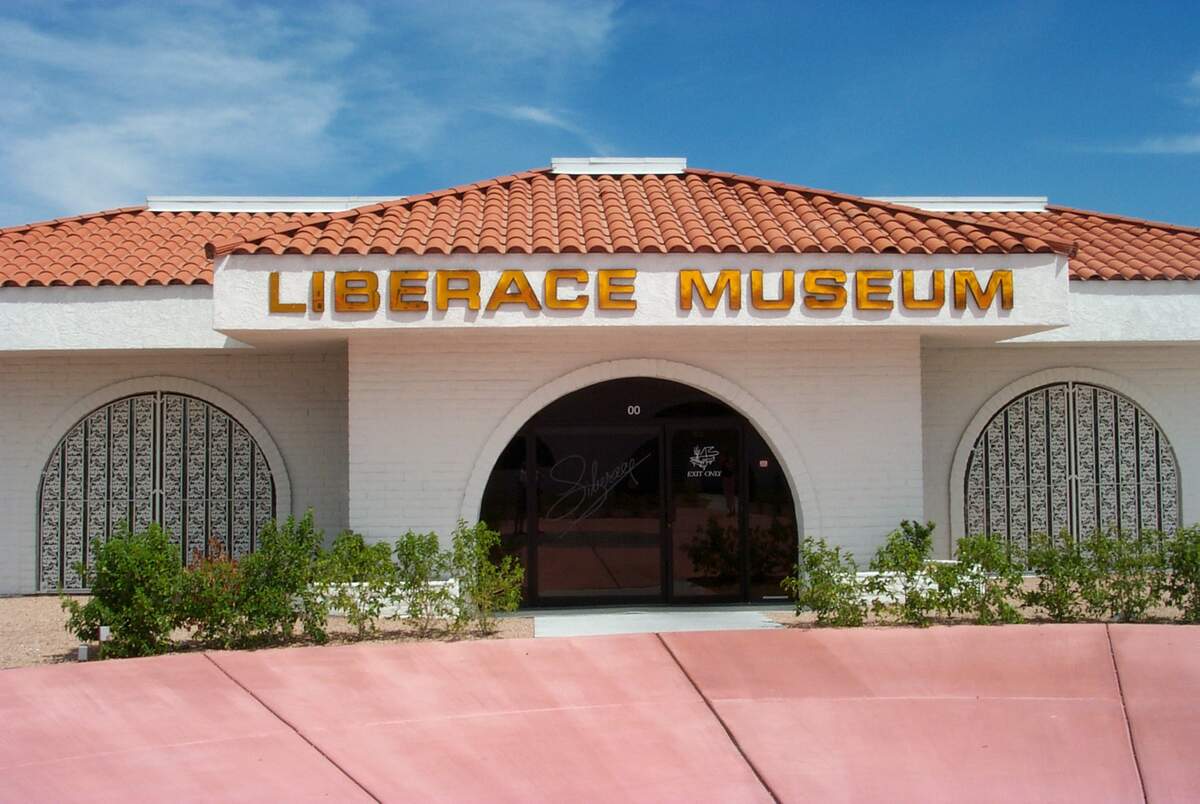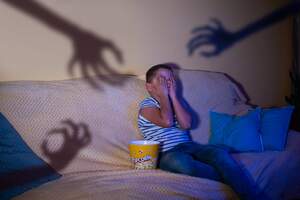

Liberace Day
Observed
annually on February 4th
Dates
Tags
Famous People & Celebrities
Film & Television
Music & Sound
Hashtags
Sources
Władziu Valentino Liberace, usually known simply as Liberace, was a flamboyant pianist and great entertainer. He is perhaps known just as much for his persona as he is for his musical talent, something that is not said about most artists. During a period between the 1950s and 1970s, while at the height of his fame, he was the highest-paid entertainer in the world. Liberace Day is celebrated today, on the anniversary of his death.
Liberace was born in West Allis, Wisconsin, on May 16, 1919, to parents of Polish and Italian descent. He learned to play piano at the age of four, and during his formative years, before stardom, he played in theaters, clubs, on local radio, and for dancing classes and weddings. While he often played solo, he sometimes played with groups, such as with a school jazz group called "The Mixers" in the mid-1930s. Later, with the Great Depression still raging, he made money by playing in strip clubs and cabarets, where he went by the name of Walter Busterkeys.
By the late 1930s and early 1940s, Liberace was touring the midwest. At that time, he moved from playing strictly classical music to melding pop and classical music together. By the mid-1940s, when he started billing himself as Liberace, he was performing in nightclubs in major cities across the United States, and his persona grew and he came into his own as an entertainer. His use of schmaltz, his interactions with his audience, and his attention to presentation helped gain him the name "Mr. Showmanship." His stage performances were augmented with excessively flashy costumes and extravagant pianos, on top of which could be found an ornate candelabra. His displays of flamboyance and effeminacy led people to believe he was a homosexual, which he was, but he never acknowledged so in public.
For much of his career, Las Vegas was a performance home; he first took the stage there in 1944 and began a residency at the Riviera Hotel in 1955. His performances there helped contribute to the mystique of the city. But Liberace's outsized display couldn't be confined to a city or even a country, and he started touring internationally in 1956. A television program, The Liberace Show, had also debuted in 1952, which helped launch him to the pinnacle of his career. Being shot before a live audience, it went into syndication in 1953, and soon became one of the most-watched television programs in the country, with over 30 million viewers regularly tuning in. Over the years, Liberace also appeared in a few movies and published some cookbooks.
Liberace was diagnosed with HIV in August 1985, but kept it a secret, and didn't seek out medical treatment. His final live performance was on November 2, 1986, at Radio City Music Hall in New York City, and his last television appearance was on an episode of The Oprah Winfrey Show, which aired on Christmas Day. He was hospitalized with pneumonia in January 1987 and died from pneumonia as a result of AIDS on February 4, 1987. The legacy of Liberace continued following his death. The Liberace Museum had opened in Las Vegas in 1979 but closed down in 2010. However, items from the museum's collection can still be seen today in Las Vegas at the Liberace Garage and the Thriller Villa. Liberace's legacy also lives on through Liberace Day, which we observe each February 4.
How to Observe Liberace Day
Some ideas on how you could observe Liberace Day include:
- Watch early Liberace video performances of "Tiger Rag" and "Twelfth Street Rag", which were recorded as Soundies.
- Listen to some Liberace.
- Watch a Liberace concert film.
- Watch Behind the Candelabra, Liberace, or Liberace Behind the Music.
- Get yourself some ostentatious clothes, put a candelabra on your piano, and sit down to play.
- See items from the Liberace Museum Collection at the Liberace Garage or Thriller Villa.
- Visit the Liberace Mansion in Las Vegas or Liberace's grave in Los Angeles.
- Become a member of the Liberace Foundation for the Performing and Creative Arts.





















